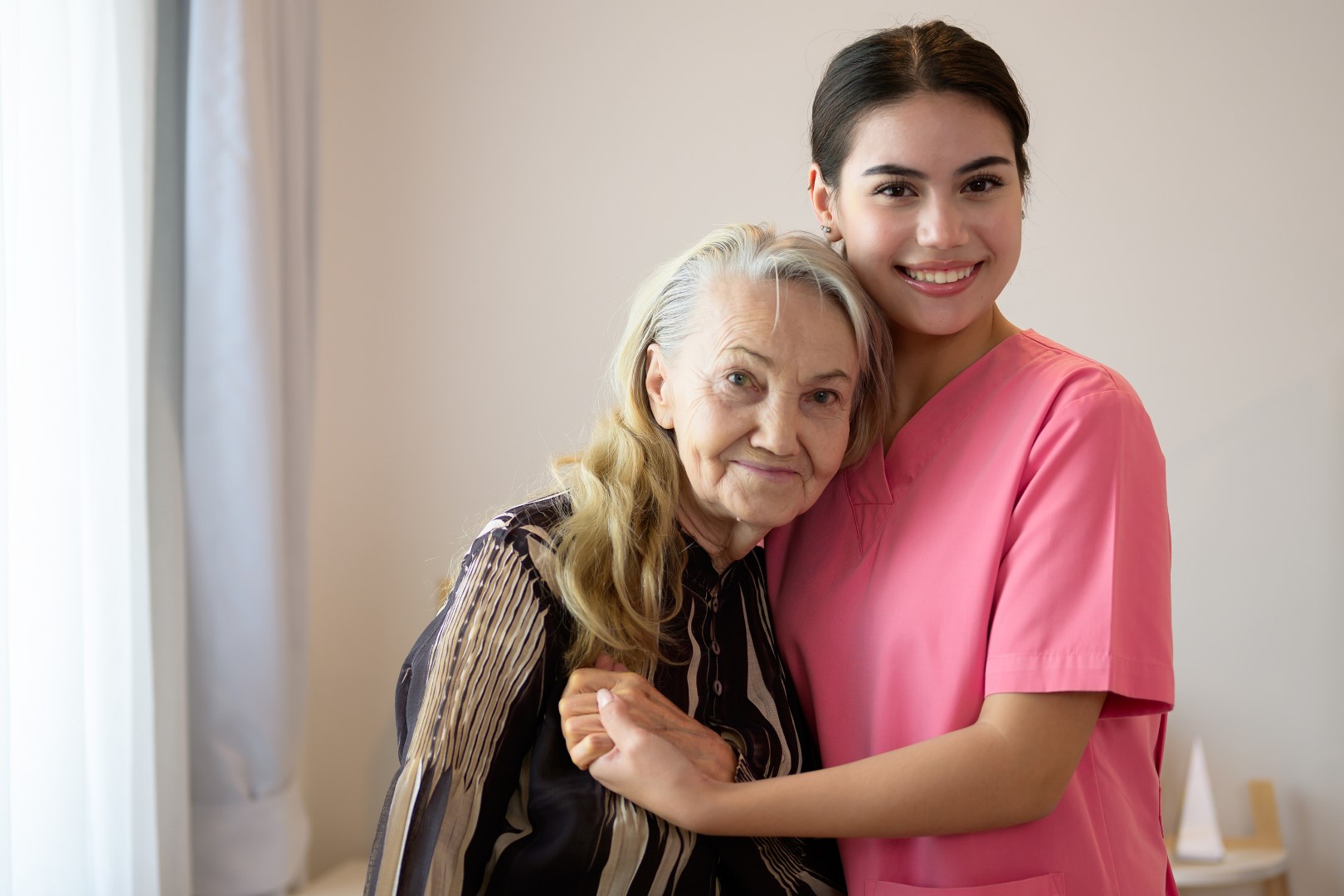Learning that your older parent has dementia is life-changing for the entire family. As you process the diagnosis, you and your senior loved one will likely experience a variety of feelings, including anger, fear, or confusion. It’s important to create a personalized plan for your parent’s care as you navigate the progressive disease. Here are some general steps to consider.
Understand the diagnosis.
When your loved is diagnosed with dementia, take time to educate yourself as much as you can about the condition. Learn about the type of dementia they have, what symptoms they may experience, and the various treatments available. This will not only help you better understand your senior mom or dad’s dementia, but it will also help you provide appropriate support and care as the disease gets worse over time.
Create a safe and supportive living environment.
As your mom or dad’s abilities and judgement decline, they will become more likely to forget about the dinner that’s warming on the stove, struggle with balance and mobility, or face other issues that make them more vulnerable to everyday dangers in the house. For this reason, you will want to take steps right away to ensure your loved one’s safety and comfort at home. This can include labeling important items, like medications, installing grab bars in the bathroom, checking smoke and carbon monoxide alarms, and removing tripping hazards, lie throw rugs. Encourage activities and social events that stimulate cognitive abilities, such as reading and puzzles.
Make a plan for the future.
Dementia is a progressive condition, which is why it is important to start making plans for the future following a diagnosis. This can include discussing financial arrangements, as well as legal and healthcare decisions with your loved one. Include your parent in the decision-making process as much as possible, especially in the early stages of the disease. As dementia advances, making informed decisions will become increasingly more difficult and stressful for them.
Practice self-care.
If you are the primary caregiver for a love done with dementia, it can be emotionally and physically demanding. Remember to prioritize your own health and well-being by taking breaks when you can, asking for help from other family members, and seeking assistance from professional caregivers.
Explore long-term care options.
It is likely that your parent will require more support with daily living than you can give as the disease progresses. A long-term solution like memory care can be a great option for people in the middle to late stages of dementia. Memory care facilities are designed to address the uniqu e needs and challenges of older adults living with memory loss. Staff are specially trained to care for residents to help minimize confusion, agitation, and other dementia-related health issues.
Senior Living Experts in Chicago Can Help
Dealing with your loved one’s memory loss can be demanding and overwhelming. You don’t have to do it alone. At Senior Living Experts, our dedicated team of professionals is here to help you every step of the way. We’re a local team of advisers who live in the Chicagoland area, and we have established relationships with more than 230 senior living communities. We simplify the process of finding the right long-term care facility for your family member—and it’s free of charge. Our advisers take time to understand your loved one’s specific needs, preferences, and budget so that we can make informed recommendations for placements based on our extensive knowledge of communities in the area.
To learn more, contact our team today!


